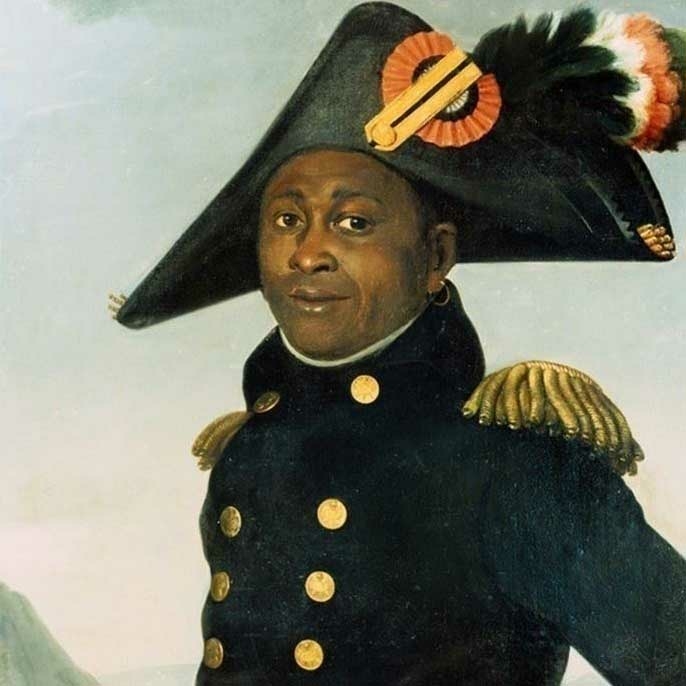Nearly 10 years before the French Revolution, in a widely read book called Histoire Philosophique des Deux Indes, two philosophers in Paris, Abbé Raynal and Denis Diderot, published a warning to Europe: if it didn’t soon put an end to the twin abominations of slavery and the slave trade, “an avenger” would come forth who would uproot the practice altogether. In France, this book helped inspire the revolution. And in the French Caribbean colonies, the slaves held on to this prophecy, just as in 1789 they would hold on to the words of the Declaration of the Rights of Man, one of the founding documents of the Western liberal order: “Men are born and remain free and equal in rights.” And these rights are “natural, inalienable and sacred.”
But what did the French Revolution actually do for the abolition of slavery?


